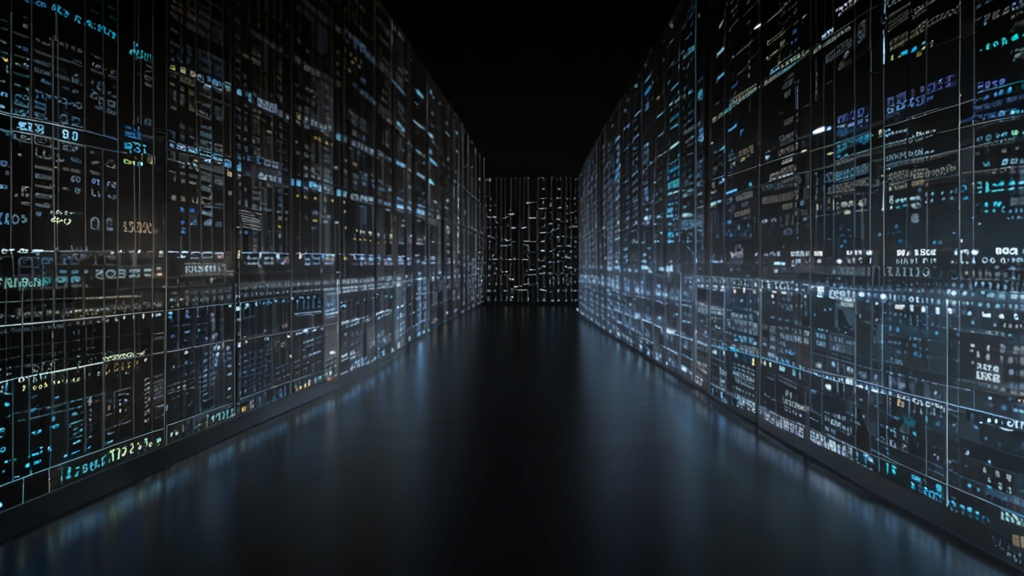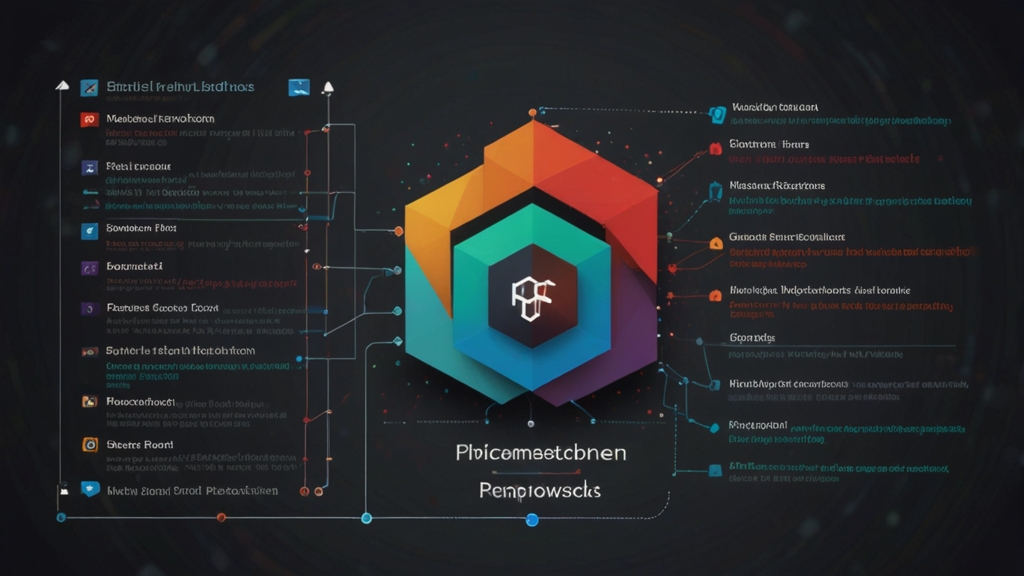Creation Story Exposed: Are We Living a Giant Simulation?
For centuries, humanity has grappled with questions about its origins and the true nature of reality. These philosophical debates and religious inquiries have shaped cultures and civilizations. Today, a new theory has entered these age-old discussions: the idea that we might be living in a giant simulation. Could everything around us, including ourselves, be part of a complex, artificial construct designed by an advanced civilization?
The Philosophical Underpinnings
The concept of a simulated reality is not entirely new. Philosophers have long pondered the nature of reality, dating back to Plato's "Allegory of the Cave." In modern times, this discussion has evolved, particularly with the advent of digital technology and virtual reality. One of the most compelling arguments in favor of the simulation hypothesis comes from philosopher Nick Bostrom, who posited that at least one of the following propositions is true:
1. The human species is very likely to go extinct before reaching a "posthuman" stage.
2. Any posthuman civilization is extremely unlikely to run a significant number of simulations of their evolutionary history (or variations thereof).
3. We are almost certainly living in a computer simulation.
Bostrom argues that if future civilizations possess the technical capabilities to create highly realistic simulations of their ancestors, and if they choose to do so, the number of simulated beings would vastly outnumber the actual historical human beings. Therefore, it would be statistically more probable that we are among the simulated progeny.
Scientific Perspectives
The theory doesn't solely rest on philosophical musings; it has also found some tentative support within the scientific community. Physicists and computer scientists have explored whether we could detect signs of the simulation in the natural world. One focus has been on the limits of computational power. If our universe is simulated, it might run on finite computing resources, and this could theoretically manifest as observable limitations, perhaps in the form of "pixelated" space-time at incredibly small scales or unexpected anomalies in physical laws.
Recent advancements in quantum mechanics have added another layer of intrigue. The phenomenon known as quantum entanglement, where particles appear to instantaneously affect each other regardless of distance, has puzzled scientists. Some suggest that this "spooky action at a distance" could be a glitch or feature of a coded reality.
"If you understand the world of computers, you know that various systems we’ve built can simulate entire universes with limited room for randomness and anomalies. If our universe is a similar construct, certain quantum phenomena might reflect the underlying tech infrastructure," posits theoretical physicist James Gates.
Tech Industry Speculations
The prospect of a simulated universe has also captivated figures in the technology sector. Elon Musk, CEO of SpaceX and Tesla, is one of the most vocal proponents of the hypothesis. He has stated that the odds of us being in "base reality" are "one in billions." His argument hinges on the rapid progress in video game technology, virtual reality, and artificial intelligence. If such advancements continue exponentially, future iterations could become indistinguishable from actual reality.
However, it's essential to recognize that the simulation hypothesis remains speculative. While intriguing, it has yet to provide concrete, empirical tests that could either confirm or falsify its claims.
Implications and Ethical Considerations
The idea that our universe could be a simulation raises several profound ethical and existential questions. Should the theory prove true, what does it mean for our understanding of autonomy, free will, and moral responsibility? Furthermore, the identity and motivations of the hypothetical simulators come into question. Are they benign researchers, or could they have other, potentially less benevolent reasons for creating our reality?
Believers in various religious and spiritual traditions might also find ways to integrate the simulation theory with their worldviews, perhaps seeing it as a modern metaphor for divine creation or an advanced form of karmic testing.
Conclusion
While the simulation hypothesis is an exciting and intellectually stimulating concept, it remains an open question, bridging philosophy, science, and technology. Whether or not we are living in a giant simulation may remain a mystery, but considering such possibilities expands our understanding of reality and encourages further exploration into the very fabric of existence.







